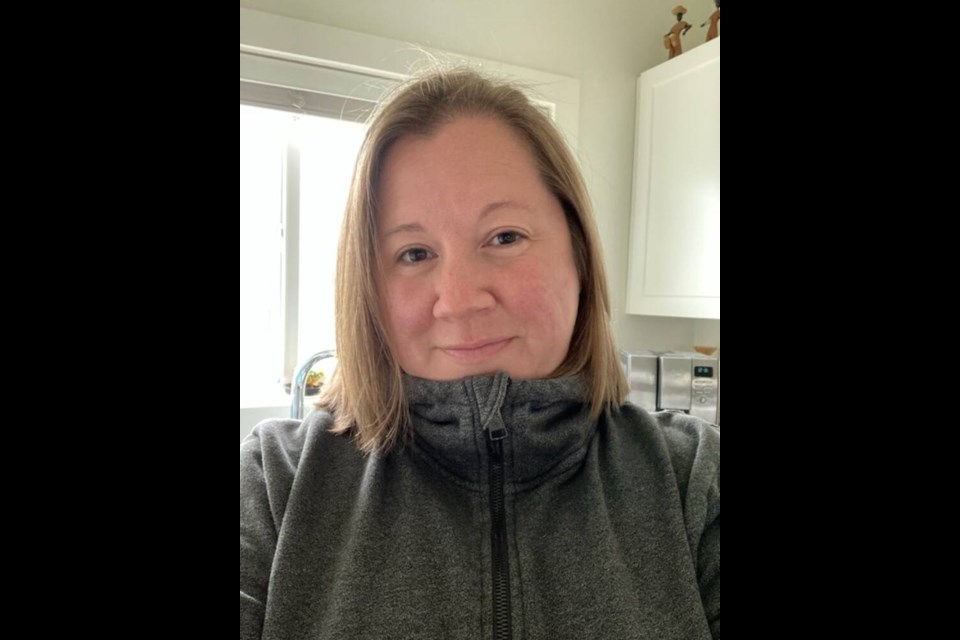Wendy Lim has been anxiously awaiting an in-person appointment at the post-COVID-19 clinic at Royal Jubilee Hospital, only to hear that her first will also be her last.
The province’s four clinics, which form the Post-COVID-19 Interdisciplinary Clinical Care Network, will collapse into an online service at the end of March. About 4,000 people around the province are receiving services from the clinics.
“I felt devastated,” said Lim, 42.
“When I found that they were closing and I hadn’t even got into see anybody yet, I just felt deflated. I was really angry, I was frustrated, I was sad.”
The four locations — there were five before Vancouver Coastal Health and St. Paul’s Hospital clinics merged last year — will fold into one centralized virtual clinic.
Lim has waited more than a year for an appointment. She will get in just before the clinic closes on March 31.
“Long COVID is not going away, there are many people in the same position as I am — waiting and waiting for help,” said Lim. “Where are the supports and help long COVID sufferers need?”
ÎÚÑ»´«Ã½ Health Minister Adrian Dix said this past week the province is increasing investment in long COVID clinical care, research and supports but changing the way it delivers services. COVID-19 contigencies in the base budget of the Health Ministry are expected to increase, he said.
Dix said that in May 2021 there were 755 referrals to the clinics, while in each of October, November and December last year there were 80 referrals.
For that reason, the province is adjusting the service delivery, said Dix. Also, with chronic fatigue as a prime symptom, actual clinics might not be the best model and the vast majority of patients can access virtual services, he said.
“We’re the only province that has such a network in place,” said Dix.
But Lim said 80 patients a month in the province remains significant.
She and her two sons contracted COVID-19 in January last year. Her husband was never infected.
It was a difficult two weeks as the family members dealt with a catalogue of symptoms. One of the boys took about four months to recover.
For Lim, waves of varying symptoms — pain like firecrackers exploding within her body, sore joints that limited her movement, fatigue that left her unable to do simple chores, heightened senses — came and went, but her bout with the disease never ended.
Lim said her family physician has been tremendous, having tests done for all her symptoms, but Lim wanted the specialized care and expertise and experience offered by the Post COVID-19 clinic.
When the clinics first opened up “it was sort of like the possibility that there’s somebody out there that’s focusing specifically on this virus and they may have more answers than my GP does,” said Lim.
“It made me really hopeful,” said Lim. “I mean, I know there’s no cure, there’s no magic pill to make this go away but there was the hope that maybe they would have something.”
Lim, a stay-at-home mom, had planned to return to work last year but her symptoms proved too debilitating. She said she doesn’t expect anyone to carry her through COVID and she can do the hard work of recovery, but it was nice thinking she would have additional help at a clinic.
There are people with far worse Long COVID symptoms than her who might not have supportive partners or a family doctor as she does, Lim said.
“My heart goes out to those still waiting and, now especially, those who don’t have a primary care physician and need help,” she said.




